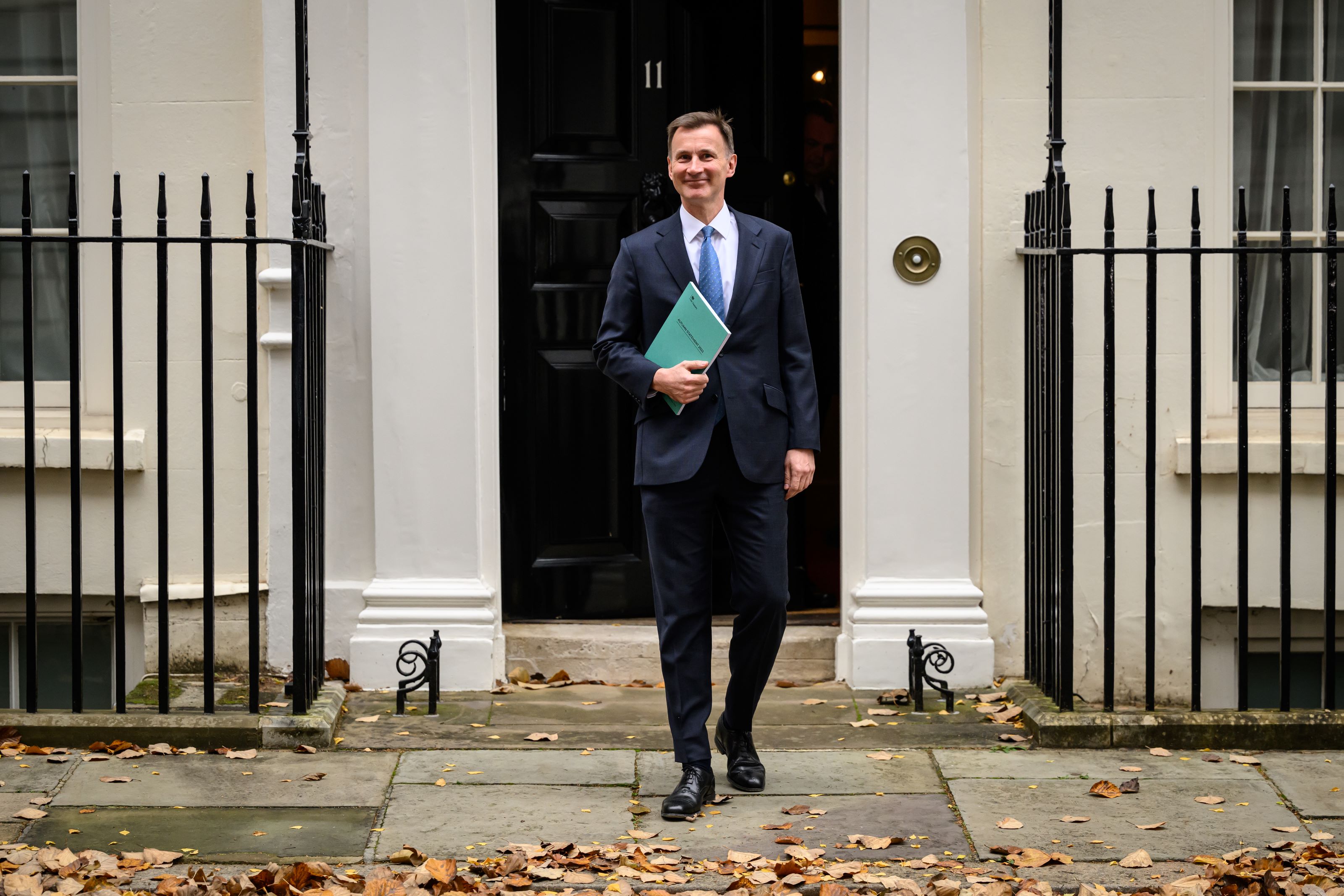Couple faces unexpected £70,000 bill from council after building their extension
Waverley Borough Council defends the charges but local residents are calling for greater transparency around the "CIL fees"

A couple from Godalming, Surrey, has been handed a staggering £70,000 community infrastructure levy (CIL) charge after they sought planning permission to demolish and replace an existing extension on their home.
The hefty bill was issued by Waverley Borough Council, despite the extension initially being considered exempt from such fees.
The couple, Steve and Caroline Dally, were left shocked when the council unexpectedly changed its ruling and demanded the payment within 60 days - threatening repossession of their home if they did not comply.
The work done and the reason behind the fees
The Dallys had originally received planning approval to replace an old extension on their property. This work, which was expected to be exempt from CIL charges, involved demolition and rebuilding.
However, when they sought to make a few minor adjustments to the plans, the council reassessed their application. As a result, they were suddenly hit with a £70,000 charge, despite the project not involving the construction of a new home or large-scale development, which are the typical triggers for CIL fees.
The CIL is a charge levied by local councils on new developments to help fund local infrastructure, such as roads, schools, and parks. Generally, self-builders and home extensions are exempt from this charge, but these exemptions require proper documentation.
In this case, the Dallys, like many homeowners, were unaware of the need to apply for the exemption and were therefore subjected to the fee.
Get the Homebuilding & Renovating Newsletter
Bring your dream home to life with expert advice, how to guides and design inspiration. Sign up for our newsletter and get two free tickets to a Homebuilding & Renovating Show near you.
The council's charge brought the attention of some high-profile MPs such as Jeremy Hunt who stated: "I very much hope Waverley Councillors vote to support the motion by Cllr Atkins and Cllr Austin to request a discretionary review of CIL – which may enable victims like Mr Dally the opportunity to apply to get this money reimbursed."

The council's justification for the charges
Waverley Borough Council, in a meeting, clarified that the CIL charges were applied correctly according to the law.
They stated: “We have acted completely in accordance with all regulations that we’ve serviced. They’ve been served correctly. No notices have been issued to a non-cil liable development. We have acted completely in accordance with all regulations that we’ve serviced. They’ve been served correctly.”
“We’re really clear that we haven’t acted illegally. But we are dealing with a very very difficult piece of legislation.”
The council explained that while most residential annexes and home extensions are exempt, exemptions must be formally applied for. In the Dallys’ case, there was confusion around whether their home extension qualified for an exemption. As the nature of the project changed, so too did the CIL charge.
The emotional and financial toll on the couple
For Steve Dally, the financial burden was overwhelming.
Forced to take out an additional mortgage to cover the fee, his monthly payments increased by £400, adding stress during a time when the country was facing the early stages of the Covid-19 pandemic. Dally, aged 65, feared the worst, even contemplating selling the home he had worked his whole life for to pay off the debt.
The couple's experience with the CIL process has been nothing short of traumatic. “It’s traumatic,” said Steve Dally, describing the mental toll and sleepless nights. “You lose sleep and end up crying your eyes out – what can you do about it?”
Despite efforts to seek help from local councillors, the local MP, and even the ombudsman, the Dallys’ struggle was not resolved until January 2025 when the council agreed to allow residents to appeal CIL charges through a discretionary review process. This decision came after the Dallys’ case was brought to light as part of a broader issue affecting more than 20 homeowners in the area who had been similarly hit with surprise CIL bills.
Council’s response and plans for change
Waverley Borough Council acknowledged the emotional and financial toll CIL charges have had on homeowners like the Dallys.
Council officers explained that the CIL regulations were complex, and while they aimed to ensure that infrastructure funding was secured, they had recognised that many residents were unaware of the paperwork required to claim exemptions.
The council promised a review of the CIL process as part of its local plan moving forward. The changes include introducing a discretionary review period for those who believe they have been unfairly charged, allowing homeowners the chance to appeal and potentially recover fees. The review window will open from June 2025 to May 2026.
However, not everyone is optimistic that this new process will provide immediate relief. “It’s a long way to go yet,” Steve Dally remarked, expressing concern that the review process may not be as compassionate as hoped. “There will be a lot of people in Surrey who will be impacted by the same issues and won’t know what to do.”

News Editor Joseph has previously written for Today’s Media and Chambers & Partners, focusing on news for conveyancers and industry professionals. Joseph has just started his own self build project, building his own home on his family’s farm with planning permission for a timber frame, three-bedroom house in a one-acre field. The foundation work has already begun and he hopes to have the home built in the next year. Prior to this he renovated his family's home as well as doing several DIY projects, including installing a shower, building sheds, and livestock fences and shelters for the farm’s animals. Outside of homebuilding, Joseph loves rugby and has written for Rugby World, the world’s largest rugby magazine.
